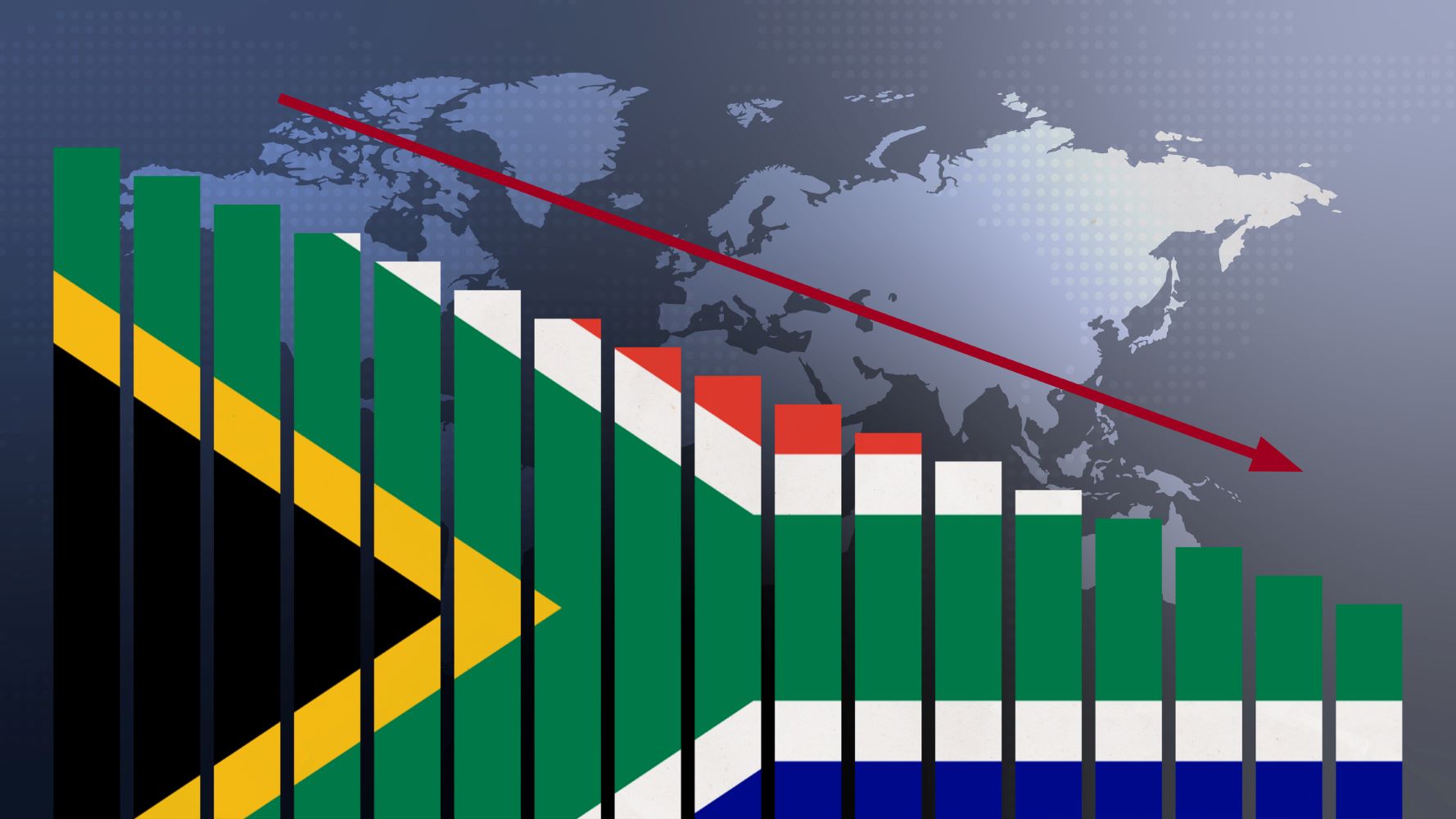The MPC cut the repo rate by only 25 basis points due to heightened uncertainty in global macroeconomic conditions.
Although the repo rate cut of 25 basis points was in line with the expectations of most economists, one economist who called for a 50 basis points cut says the reasons for the smaller cut are not convincing.
Responding to the news that inflation decreased by 1% from September to 2.8% in October, Prof. Bonke Dumisa, an independent economic analyst, said it emboldened him to say that the Monetary Policy Committee (MPC) of the South African Reserve Bank (Sarb) must cut the repo rate by 50 basis points. “There are absolutely no inflation expectations to justify not cutting the repo rate by 50 basis points.”
After Sarb governor Lesetya Kganyago announced that the MPC was unanimous in deciding on a cut of 25 basis points and did not even discuss a bigger cut, Dumisa said he was not convinced by the reasons for the smaller cut.
ALSO READ: Reserve Bank cuts repo rate by only 25 bps despite economists’ call for 50
Repo rate cut in line with Oxford Economics Africa forecast
However, Jee-A van der Linde, senior economist at Oxford Economics Africa, says the cut was in line with their forecast. “We agree with the Sarb’s view that the external environment has become more challenging and that global macroeconomic conditions are characterised by heightened uncertainty.
“Kganyago cautioned that some global economies with above-target inflation could reverse policy. South Africa does not fall into that cohort. Our adjusted forecasts include higher global bond yields, following the upward revision of US neutral rates.”
He said consequently they forecast cumulative rate cuts equal to 75 basis points in 2025 compared to their previous projection of 100 basis points. “A stronger US dollar poses a risk to South Africa’s inflation outlook, and we expect the Rand to remain under pressure over the coming months, with the local unit forecast to reach R18.0/US$ by mid-2025.”
ALSO READ: Repo rate expected to be cut again on Thursday, despite Trump’s win
KPMG agrees with MPC reason for smaller repo rate cut
Frank Blackmore, lead economist at KPMG, agrees with the governor’s reason for the smaller cut that there is a lot of uncertainty around the global economy and that uncertainty is a risk that requires a cautious approach.
“We have seen large appreciations in the Rand after the US elections, and next year the Sarb pulled in increases in electricity, water, and food prices—all of which are putting upward pressure on inflation in the future—and therefore, in his words, justify a cautious approach.
“Saying that, we have now reduced from the highs of 8.25% to the current rate of 7.75%, leaving the prime interest rate of 11.25%, and this trend is going to continue into 2025 and will be data dependent, as it was emphasised by the bank itself.”
ALSO READ: Interest rate drop will be just reward
FNB welcomes repo rate cut
FNB CEO Harry Kellan welcomed the Sarb’s decision, as this will lift consumer and business confidence. “This continued positive outlook for the economy is supported by the Sarb’s forecasted decline in interest rates next year, which will reduce the cost of borrowing and further stimulate economic growth.
“Year-end is typically a period of increased spending, and some of this spending is funded by loans or credit card facilities. However, volatility in the Rand exchange rate and higher bond yields in many developed economies in recent weeks may result in fewer rate cuts next year.”
While it is too early to speculate on the impact of new US policies on South Africa, Kellan says we can potentially expect some significant changes early next year. “We urge customers with debt and home loans in particular to consider maintaining their payments at present levels rather than reducing the payment in line with lower interest rates if their budget allows. The saving on interest costs over the term of the home loan will be significant.”
Mamello Matikinca-Ngwenya, chief economist at FNB, points out that the US Fed has signalled a slower-paced interest rate-cutting cycle, which will place pressure on emerging markets such as South Africa.
“Furthermore, trade restrictions and looser fiscal policy remain pertinent risks to the outlook on global inflation and financial conditions. Given the forward-looking nature of inflation-targeting, these factors should contribute to the MPC’s assessment of the necessary restrictiveness of monetary policy.”
ALSO READ: Repo rate cuts in SA and US: challenges and opportunities
Did MPC err on the side of caution with repo rate cut?
Arthur Kamp, chief economist at Sanlam Investments, also expected the 25 basis points repo rate cut. “It is a good indication, and given current information, we can expect further cuts in 2025, although we must be tuned in to potential risks arising from geopolitical developments or changes in aspects of US economic policy.”
Kim Silberman, economist and macro strategist at Matrix Fund Managers, says the MPC erred on the side of caution. “The Sarb justified its decision by citing uncertainty and medium-term risks to wages, food prices, electricity tariffs (now expected to increase 13.3% next year and 12.3% in 2026), water, and insurance.
“Interestingly, wages are a concern despite the Bureau for Economic Research’s (BER’s) 2-year inflation expectations having fallen to 4.8% and the Sarb anticipating that they will fall further from current levels.”
